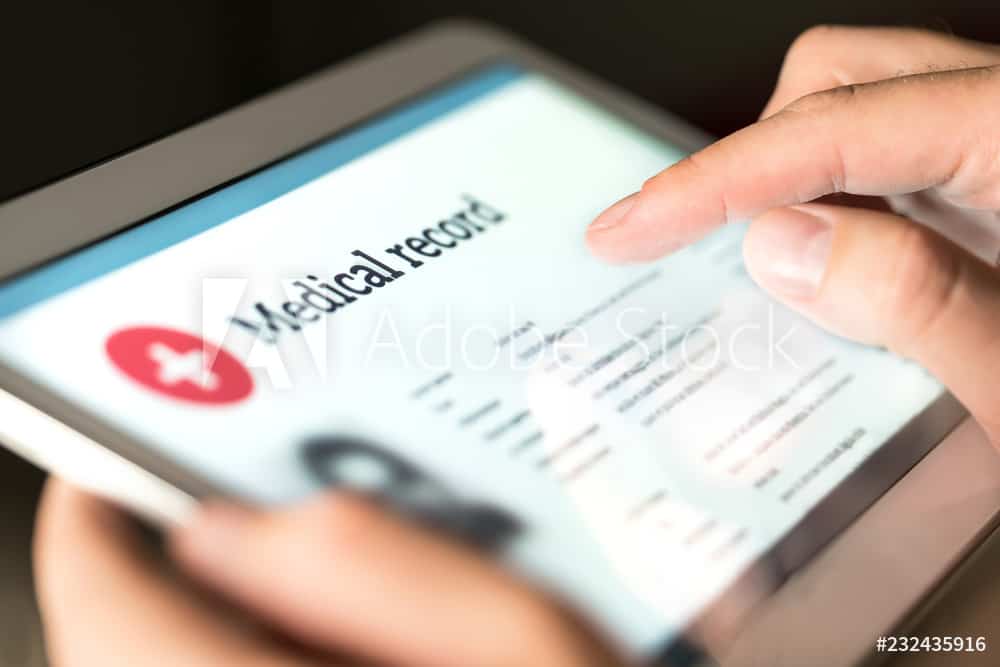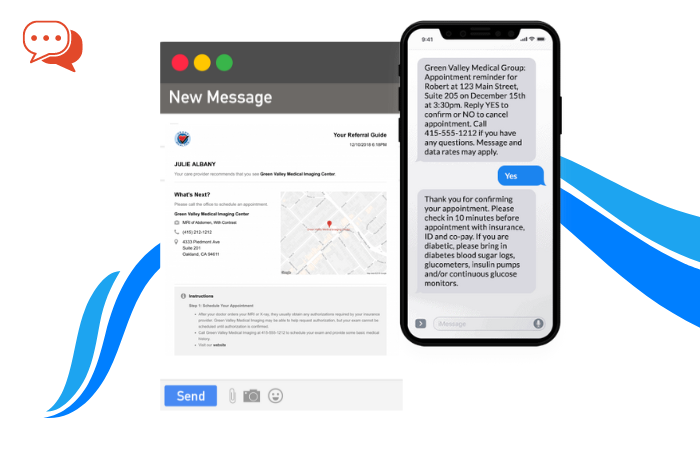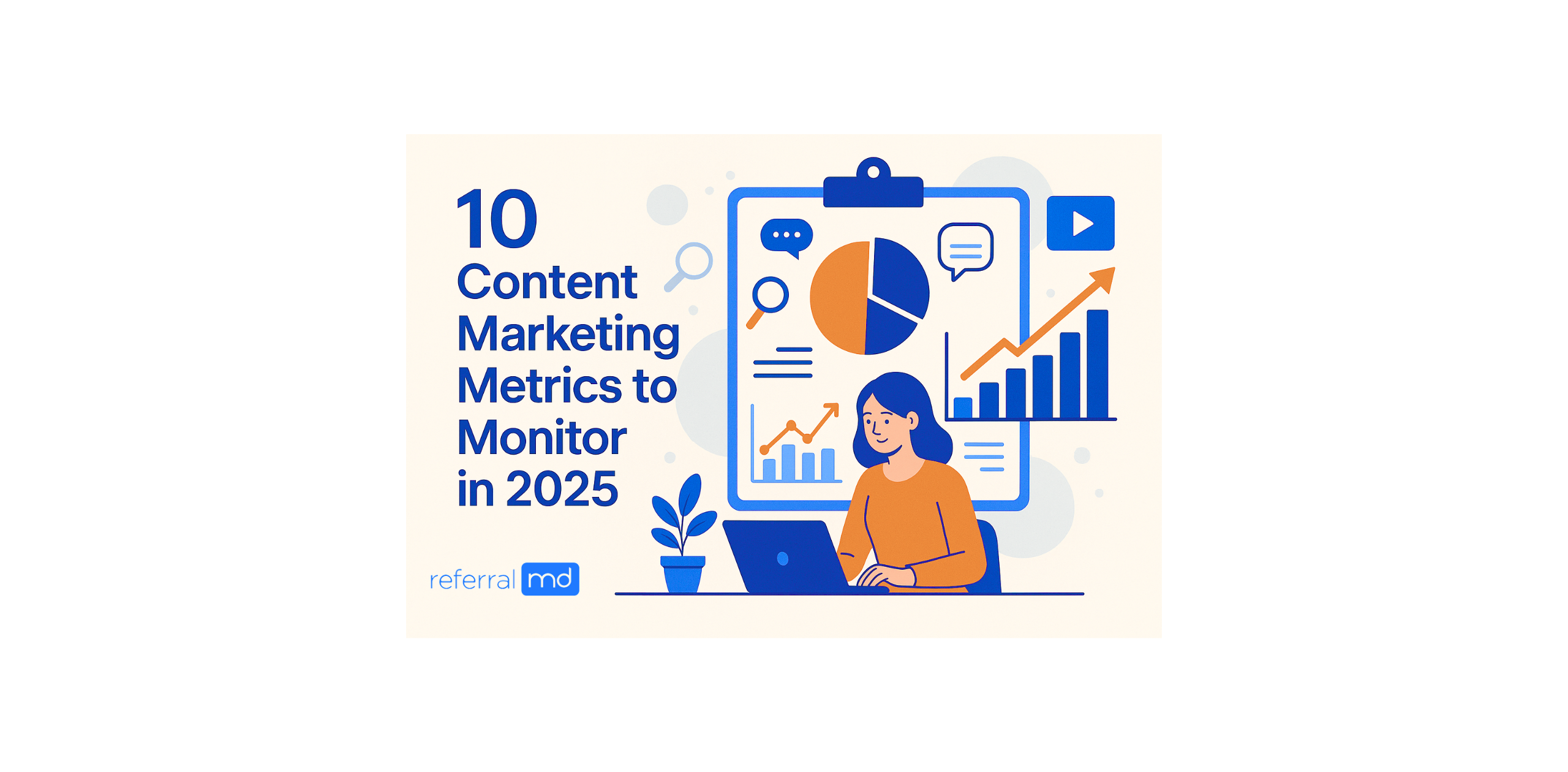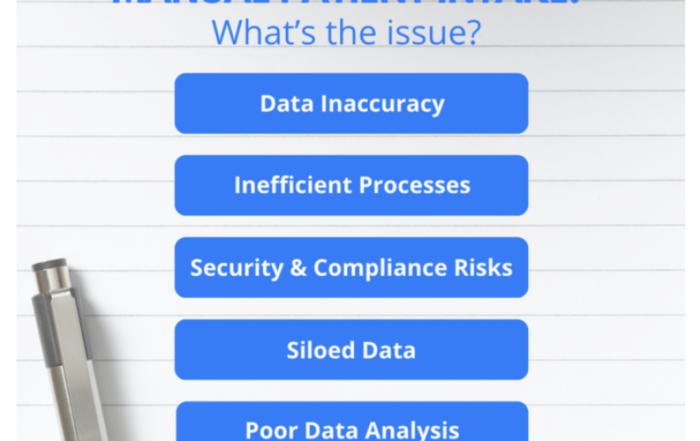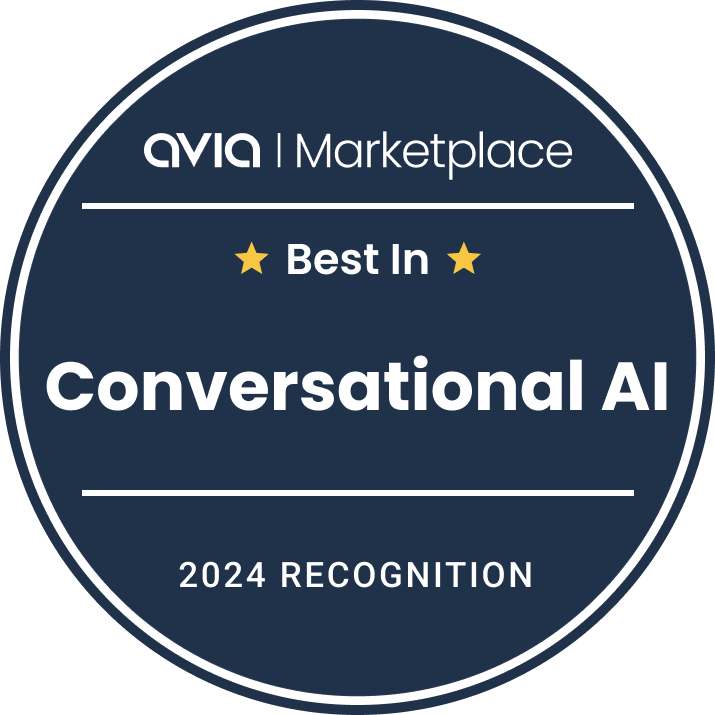The healthcare sector underwent remarkable digital transformation developments using EHRs (Electronic Health Record) and digital patient monitoring devices to provide advanced patient care. However, this was before the COVID-19 pandemic.
The scenario after the pandemic is totally different. The healthcare sector now demands robust digital transformation measures that enable the secure collection of patient data, analytics, management, and sharing of this data virtually. Nowadays, these changes are aiding the global acceptance of virtual care and telemedicine worldwide.
Digital transformation is now necessary for the healthcare industry. This helps in better care for patients and aids them in reaching out to their medical providers virtually. A recent report by HIMSS (Healthcare Information System Society) stated that 65% of healthcare providers seek digital transformation to enhance the overall patient experience.
For most of the year 2020, healthcare providers were required to reduce the patient footfall in hospitals and clinics, streamline complex organizational processes, and better patient care & outcome. This demand propelled many healthcare players to adopt several such digital technologies. This has set a stage for the future of digital healthcare with advances in the use of patient data.
Digital transformation in the healthcare industry
In layman’s terms, digital transformation integrates technologies into varied specks and aspects of a healthcare ecosystem. For example, healthcare services, data management, patient interaction, service, regulators, etc.
However, in other words, a custom solution developed for a healthcare organization to help them maintain a competitive edge with the latest trends and tech advancements is called digital transformation. The end goal is to streamline all healthcare operations, reduce human dependency, cost reduction, enhance patient care, improve outcomes and mitigating risk, etc., through mobile and web experience.
Now, let us take a look at trends that are expected to be a part of the healthcare industry’s future.
Secure Data Management
It is essential to have a secure data management system in place as there is an immense amount of data that healthcare centers have to deal with daily, such as medical data, invoices, and reports. A lot of time, money, effort, and energy is consumed if all these activities are done manually.
On the other hand, we cannot eradicate the fact that there could be a chance of incomplete details, errors, and miscalculations. With digital transformation, healthcare providers can process data instantly while maintaining a seamless and efficient workflow. The streamlining of data management will contribute to better patient care.
Healthcare On-Demand
On-demand is when a customer can get easy access to goods or services from the comfort of their homes, anytime, anywhere. The most common example for this is food delivery services such as Doordash and cab rentals like Uber. As the healthcare industry grows, patients seek consultations from their doctors without waiting in long queues or booking appointments.
For people with busy schedules which stop them from growing for doctor’s visits, on-demand healthcare is a blessing. Nowadays, most of our time is spent on mobile devices, so the healthcare industry is no different. Patients use their mobile devices to get information about hospitals, medical facilities, doctors, and appointment booking.
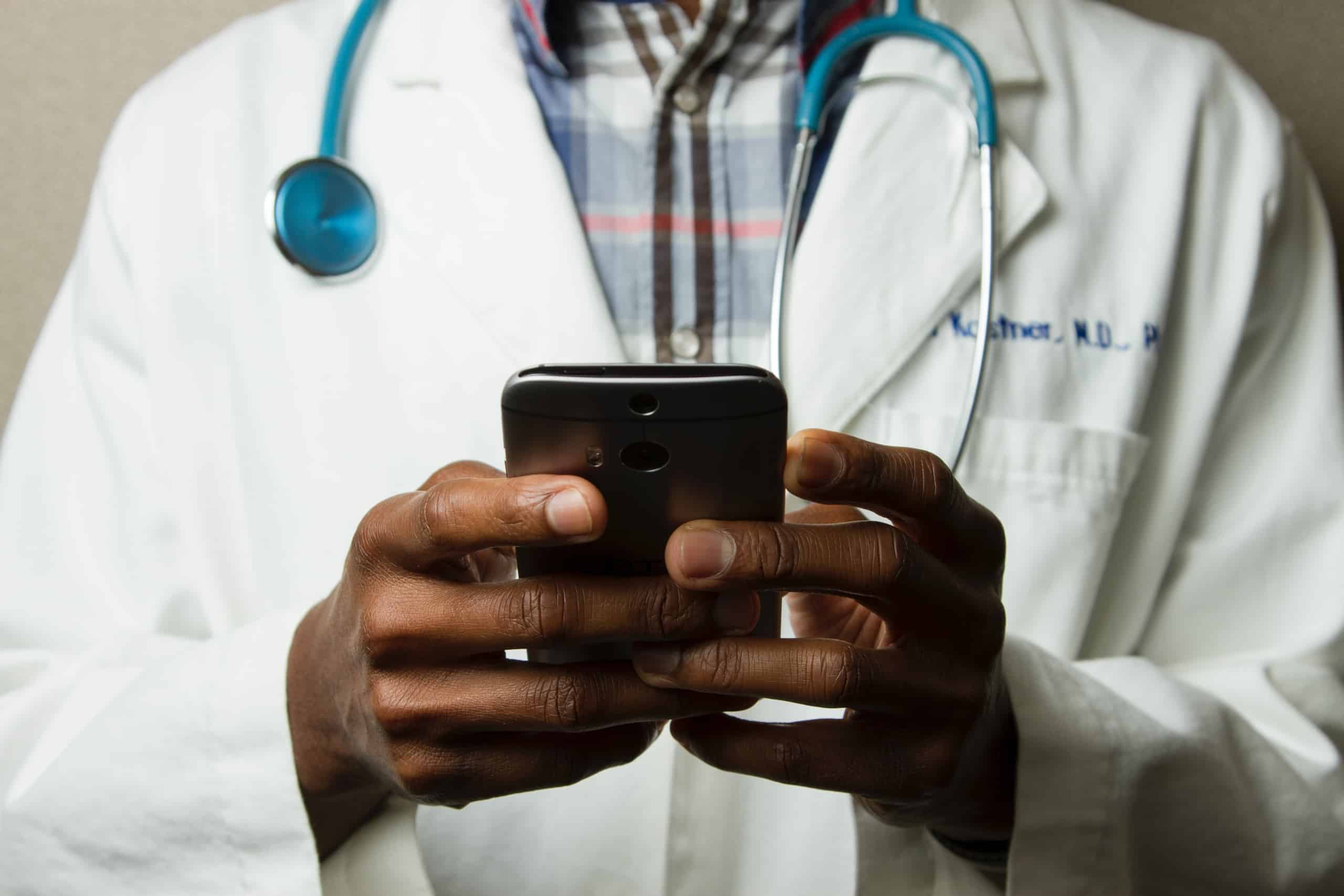
Photo by National Cancer Institute on Unsplash
Telemedicine
The pandemic has influenced the use of telemedicine and telehealth. During the lockdown, many patients used telemedicine rather than booking appointments with doctors in person. This enabled the patients to consult with doctors and asked for health-related issues and prescriptions without direct contact with caregivers or other patients.
The pandemic has influenced the use of telemedicine and telehealth. The success of telehealth like behind the quick acceptance by patients as they got used to this solution amid the pandemic. Doctors can view patients’ medical records using apps and interactive voice acknowledgments to communicate with each other through digital speech technology. There are various examples: security, appointment management, wireless testing, encrypted messaging, and audio/video communications.

Predictive Healthcare
With the advent of big data in the medical sector came bearing great advantages. We all are aware of them. However, predictive healthcare will soon be helping caregivers to predict and prevent dangerous and life-threatening diseases.
The info collected through big data can help healthcare organizations calculate and analyze the patient admission rates and plan effective staffing for the facilities, ultimately encouraging a seamless operational structure. Doctors can now be prepared as the technology will help them anticipate serious illnesses and diseases that could infect nations and create actionable strategies to battle them.
Treatment through AR & VR
With the revolution in technology, AR & VR has become a reality in the healthcare industry. Patients are trying to find alternate ways to be healthy and reduce the need to visit the doctor. Now with technology, even the patients have also evolved. Now they don’t want to go to the doctor now and then to get some medicines.
Patients are now considering VR as a safer and effective replacement for medicines. As technology is trying to make itself prominent in this sector, soon we would witness that it would process the capability to treat pain, strokes, stress, and anxiety. Frankly, it is just a fraction of what virtual reality is capable of in this sector. Soon VR would be able to treat patients to recover from motor deficiencies. It is also useful for surgeons to use AR/VR to sharpen their skills and plan surgeries.
Conclusion
The transformation of the healthcare industry is inevitable through technology. Digital transformation is now being globally accepted and eventually would play an important role in this sector. It is indeed good news for healthcare providers as they would control costs and reduce risks. Transform your healthcare organization with the state-of-the-art solutions which are now available.


